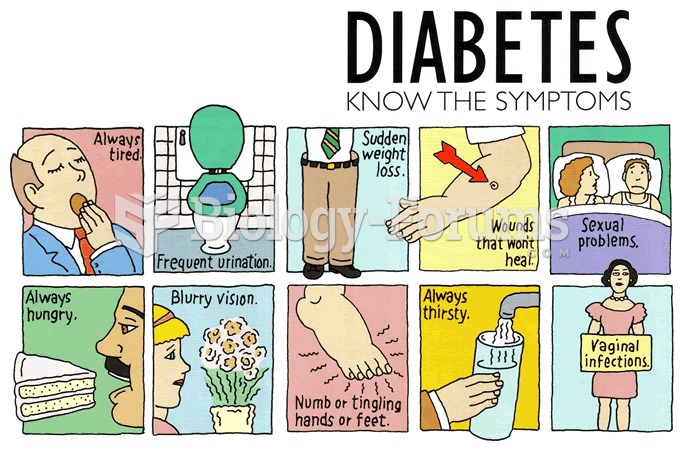A group of teenagers with diabetes become upset and angry because they cannot agree on whether or not to have meetings during summer vacation. Which of the following should the nurse do to be effective in helping the teenagers resolve the conflict?
a. Admit that it is difficult for everyone to agree on everything; then ask whether the group can try to decide how to agree on the issue.
b. Assume adult authority and announce that meetings will be suspended until fall.
c. Recognize that most of the teenagers want to have the meetings, but two are being stubborn; ask the two deviant members to leave the group.
d. Suggest that the group avoid discussing it further but rather think about it over the next week and try to discuss the situation more rationally next week.
Question 2
A nurse established an ongoing group meeting of teenagers with diabetes. In the early stages, the nurse was very directive in arranging location, providing low-carbohydrate drinks and snacks, steering the discussion, and trying to meet all the teenagers'
After the group had been meeting for about 3 months, the nurse noticed that the group members no longer simply accepted everything the nurse suggested. Instead, the teenagers began making decisions themselves, and eventually, the nurse no longer controlled the group. Which of the following most likely happened to cause this shift?
a. The group became cohesive enough to share leadership tasks.
b. Teenagers don't like feeling dependent on adults with power.
c. Teenagers often rebel against adult authority.
d. The nurse was overwhelmed and lost control of task process.







